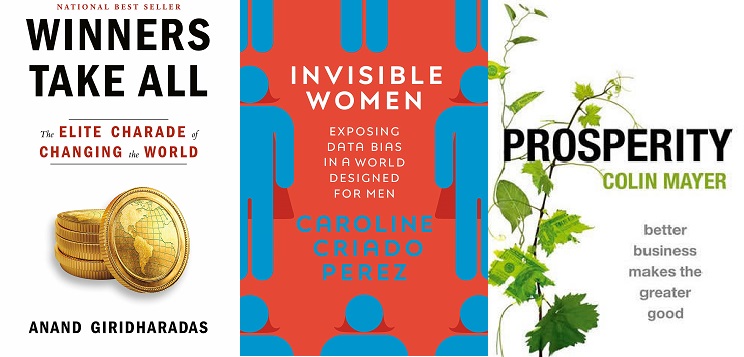In the wake of the recent criticism faced by the Effective Altruism movement, Professor Julian Le Grand and Dr Jonathan Roberts explore the criticism in more detail and ask; what’s next for EA?
The collapse of the crypto-currency exchange FTX has led to an outpouring of criticism in the quality press – not, as one might expect of crypto-currencies or even exchanges, but of ‘effective altruism’, a charitable movement closely associated with FTX’s founder, Sam Bankman-Fried. Effective altruism is a movement aimed at improving the effectiveness of philanthropy in making the world a better place. Bankman-Fried has set up and funded (or promised to fund – it is not quite clear) two charities dedicated to enacting effective altruism: the FTX Future Fund and the FTX Foundation.
It is tempting to dismiss the critics as indulging in guilt by association. But it is worth exploring some of the criticism in a little more detail to see whether they have substance and, if so, whether that should lead to modifying some of the basic tenets of effective altruism.
Effective altruism has two principal elements. One, arguably the more important, is a prescriptive guide for individuals and organisations engaged in philanthropic giving. The effective altruist says that such giving should be designed to maximise the well-being of its recipients, and this principle informs selection of the cause, the beneficiaries and the impact. Specifically, the increase in aggregate well-being resulting from a philanthropic act should, so far as possible, be measured and compared against any aggregate increase in well-being that might result from alternative uses of the funds concerned. If it is greater than that from the alternative use, then the philanthropist should go ahead with the gift; if less, then switch the funds to the alternative.
This is fundamentally an application of utilitarian philosophy, and, as such, is subject to the standard critiques of utilitarianism (it only deals with consequences of actions; it shows no concern for human rights or distribution; the impracticality of assessing aggregate well-being, etc). It is a matter of judgement whether its merits generally outweigh its demerits or vice versa; but, in any case, the balance of these kinds of argument does not seem to be affected in any way by the collapse of FTX or the behaviour of Sam Bankman-Fried.
However, the second element of effective altruism is more vulnerable to attack. This is not a guide to the process of giving, but rather a guide for the givers themselves – about how the potential altruists should live their lives. In essence, it says they should maximise the resources they have available for philanthropy over their lifetime. Put more concretely, if individuals have the necessary skills to make a lot of money by, for instance, going into banking and finance, they should prioritise doing that, rather than choosing a job, say, in the caring professions that enables them to express their altruism through their work. Then, once the money is made, they should give it away – and, of course, do so in a way that maximises aggregate well-being.
It was this part of effective altruism that appears to have influenced Sam Bankman-Fried, leading him to try to make a fortune and then give it away; and it is this that has been thrown into question by the FTX collapse. Bankman-Fried has lost his money. Of much greater significance, so have possibly more than a million investors. Does this not challenge the whole idea?
On first view, the answer has to be: no, it does not. The fact that, on this occasion, investors were seduced into putting their money into an unwise investment, perhaps by the lure of entering the exciting world of hi-tech finance, does not, on its own, invalidate the basic logic behind either of the two elements of effective altruism. If the aim is to maximise aggregate well-being, then it is sensible, first, to try to maximise the resources available, and then to put those resources to use in the best possible fashion. Any fundamental critique of the effective altruism movement should be levied at the initial utilitarian premise – where there is plenty of scope for challenge.
However, the collapse of FTX does present a challenge to the operation of effective altruism in practice. The exhortation to make as much as money as possible (and for that to be, in the first stage of effective altruism, the essential indicator of success) runs the risk of indifference to how that money is accumulated. At worst this could lead to a form of moral licensing, a suspension of prosocial concern or moral judgement in the present because the funds raised are going to good causes in the future. At best it could cause the effective altruist to be unwittingly lending support to practices of dubious legality or morality.
So, if the aim of the effective altruism movement is truly to maximise aggregate well-being, then it needs to focus attention not just on how philanthropic funds are distributed, but also on the costs and benefits of how they are accumulated, and the risks associated with them. If this is undertaken properly, effective altruism should emerge from this debate, not damaged, but improved.





